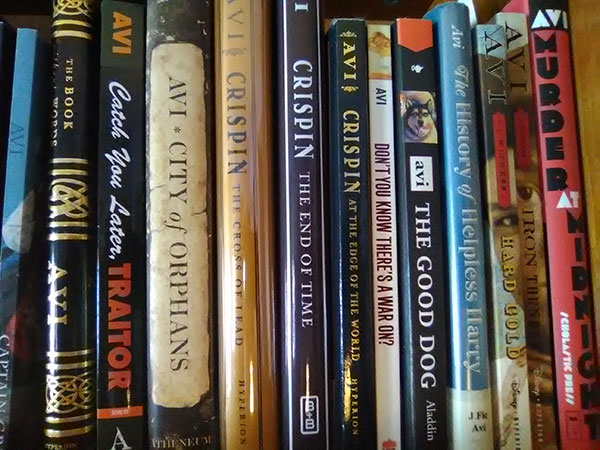 Every writer has his/her way of working. There are often quirks and even superstitions involved. When do you start your daily work? When do you quit? If it’s a computer you are using, what font do you choose? What about the color background? Do you try to write two pages a day or twenty-five? When you are editing on paper, what pen do you use—or is it a pencil?
Every writer has his/her way of working. There are often quirks and even superstitions involved. When do you start your daily work? When do you quit? If it’s a computer you are using, what font do you choose? What about the color background? Do you try to write two pages a day or twenty-five? When you are editing on paper, what pen do you use—or is it a pencil?
While these elements can tell you much about the writer’s personality and character, they won’t tell you much about writing.
That said, I have something of a rule which I follow when I am working on a book: I don’t talk about the story I’m composing.
I love stories, love making creating them, and even telling them. On family occasions I might say, “There’s a curious history about this recipe.” Or “You’ve all heard about San Francisco’s famous cable cars. Let me tell you about New York City’s cable cars.” Or “Anyone here know why the Los Angeles Dodgers are called the Dodgers?”
Nobody actually rolls their eyes, but there is a patient, polite pause as folks listen.
But as for telling the story, I am trying to write, that’s another matter. I won’t tell it. The only time I will talk is with my editor.
Over the years I’ve listened to many a would-be writer say, “I’ve got this great story I intend to write.” Then they tell it to me. It may indeed be a good story, but I’m thinking it won’t be written.
That’s because I believe there is a certain energy required to tell a story, in sharing a story. If I tell it I will dissipate the energy to write it.
There is something more: Behind every story, there are many ideas, directions, plotlines possible. My job as a writer is to find the best one that works. I don’t want to teach anything. I want to reveal a human story.
If I tell someone my story, I find that I’m committing myself to a certain line, idea, direction. I’m putting my ideas in a box. If I don’t tell it, then I am free to write in whatever direction feels right. Over the years I’ve come to respect that feeling more than anything else.
When I work, often—usually in early drafts—I sense my writing is not working. I don’t necessarily even know why. My job is to discover why. Maybe it’s how I’m making my characters act, or speak, or react. It takes endless re-writing to discover what’s real.
“How did the writing go today?” my wife may ask.
“Okay,” I reply, which actually means, “I don’t know.”
Or, as I said last night (after a couple of months’ work) “It felt good today.”
She smiles with understanding.
But I don’t explain why.
My rule: When you have to explain your writing, you have not written well.
2 thoughts on “Talking and Writing”
Love your words, Avi. I listened to SOR Losers with my 13YO daughter last weekend and we laughed so hard at Mr Lester’s speeches.
Love you so much dude!
J. K. Rowling was asked about her secretiveness while drafting. Like you, she says talking about it interferes with her process.
I won’t say a thing to anyone until I’ve finished the second draft.